Groundbreaking event marks beginning of Innovation District construction
Chancellor Sheri Everts and others break ground on the the Conservatory for Biodiversity Education and Research March 25, 2022. The Conservatory will be the first building of the university’s Innovation District.
March 25, 2022
Chancellor Sheri Everts held a groundbreaking ceremony for the first building of the Innovation District — The Conservatory for Biodiversity Education and Research Friday afternoon.
According to the university website, the Innovation District is App State’s initiative to create a space on campus designated for the fulfillment of sustainability goals and research initiatives.
Everts spoke to the event’s crowd, which included board of trustees members and state and local representatives.
The conservatory will be located on Bodenheimer Drive on the site of the old Broyhill Inn. Students and faculty in the Department of Biology will use the conservatory for teaching and research facilities.
Gov Roy Cooper’s signing of the biennial budget bill funded the conservatory. The bill allocated a $54 million non-recurring fund which the App State administration plans to use for the Innovation District projects.
“We take stewardship of state resources very seriously here at App State,” Everts said. “We have a well earned reputation for being shovel ready when funding for buildings is allocated and for completing them on time and on budget.”
Everts continued her speech explaining how the Innovation District is currently under review as a potential zero carbon district. This means the building will be energy efficient and powered by carbon-free, renewable energy sources.
Lee Ball, university chief sustainability officer, said he views the new building as a way to increase economic growth, job creation and workforce training.
“Students have been demanding aggressive climate action and sustainability on campus, and this is a real opportunity for us to demonstrate leadership around decarbonization and renewable energy in a way that supports people,” Ball said.
Tim Futrelle, mayor of Boone, said the town’s partnership with New River Power and Light, has allowed town-owned buildings in Boone to be 100% renewable. He said he believes the university’s goals are aligned with the town’s vision.
“We look forward to fostering our relationship with ASU and helping them to continue their goals towards 100% renewable energy and this campus is just another example of that,” Futrelle said.
Ball said his biggest concern is ensuring funding is appropriately used in the design and development of the Innovation District. Ball believes integrating technology that already exists is the key to responsible spending.
“We need to make sure we are taking an integrative approach; integrated design is making sure we are at alignment early on because when it’s too late it gets exponentially more expensive,” Ball said.
Ball said he sees limitless opportunities for students and faculty through the development of the conservatory
“Whether it’s a student working in a greenhouse in a conservatory or a student learning about renewable energy, they will be able to see cutting edge technology right here everyday,” Ball said.
Ball also said that this project will mark a significant milestone in the effort against climate change that will be apparent
“The students faculty, staff and visitors will experience in real time how our sustainability goals are aligned with the university’s vision,” Ball said
Tim Futrelle, mayor of Boone, said the university’s projects will not only benefit students and faculty but also residents of the town of Boone.
“The university is doing a great job at repurposing property that they already have and changing that into an area of opportunity that extends towards community members looking to learn more,” Futrelle said.
While the conservatory will be used for students and faculty in the department of biology, the university plans to allow visitors, including K-12 students and community members access to the exhibits and demonstrations made based on research done at the facility.
Everts also mentioned how staff and faculty housing will be included in the plan for the Innovation District. Futrelle and Ball said they are especially interested in the opportunity for housing development in the future of the district.
“Especially for the aspect of what ASU brings as far as a need for housing, to me, that shows how ASU is taking responsibility and showing good stewardship of the community,” Futrelle said.
Both Futrelle and Ball said they look forward to working with the teams in the development of the innovation district.
“Campus is a living laboratory, we do that really well on campus already, but we’re going to take that to the next level here,” Ball said.

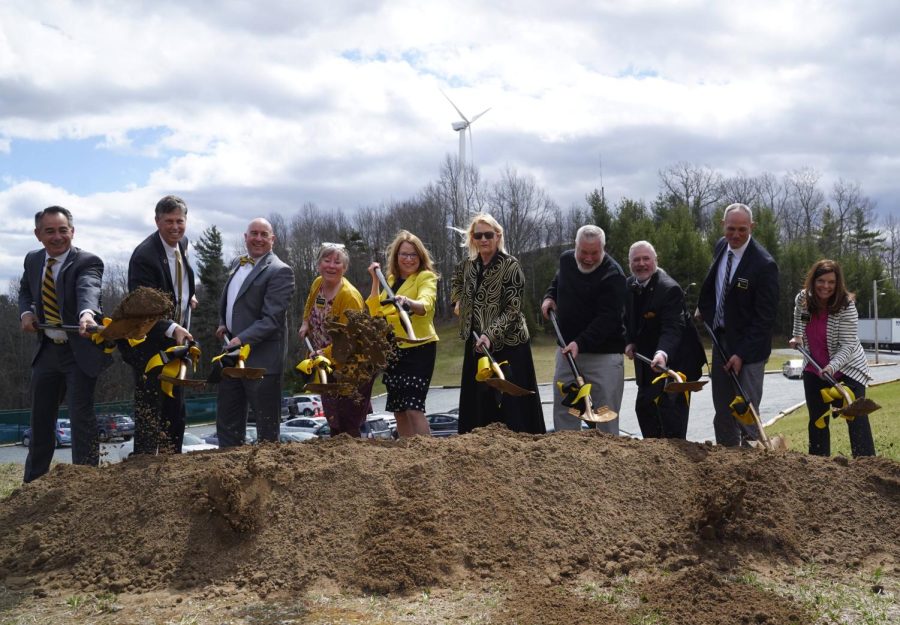
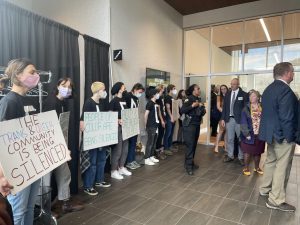
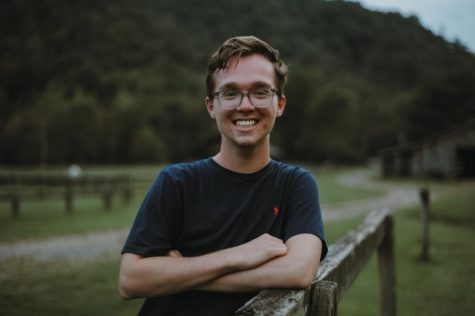
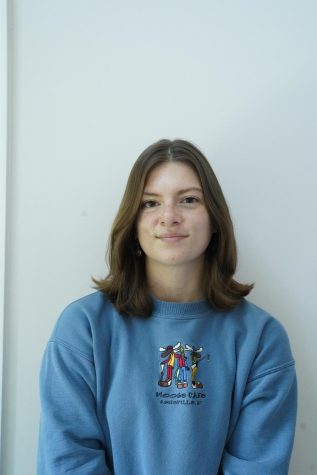
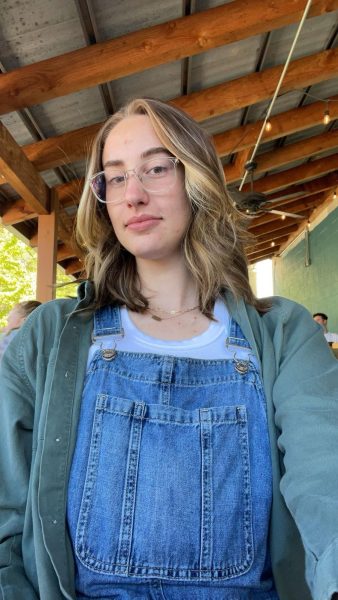




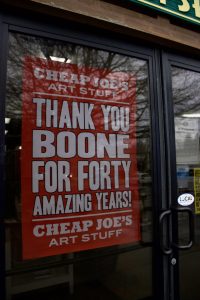






EMed Store • Mar 26, 2022 at 7:24 am
Information is pretty good and impressed me a lot. This article is quite in-depth and gives a good overview of the topic.